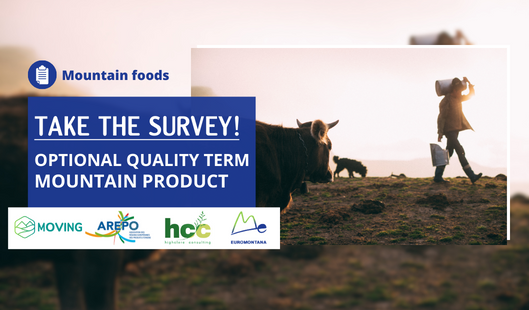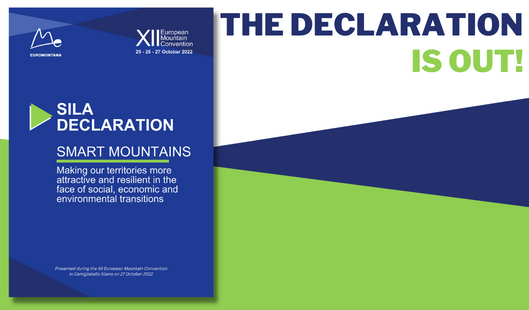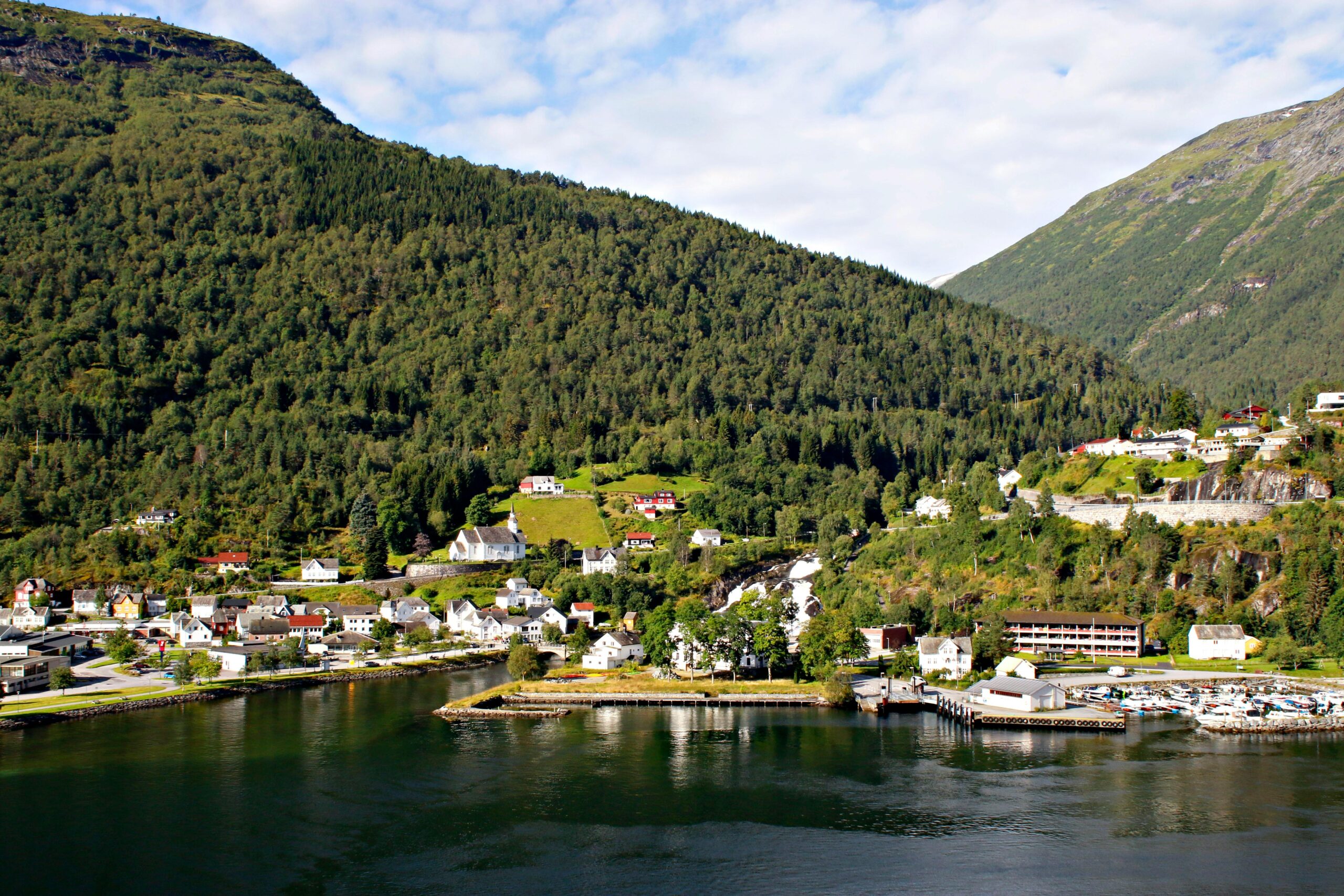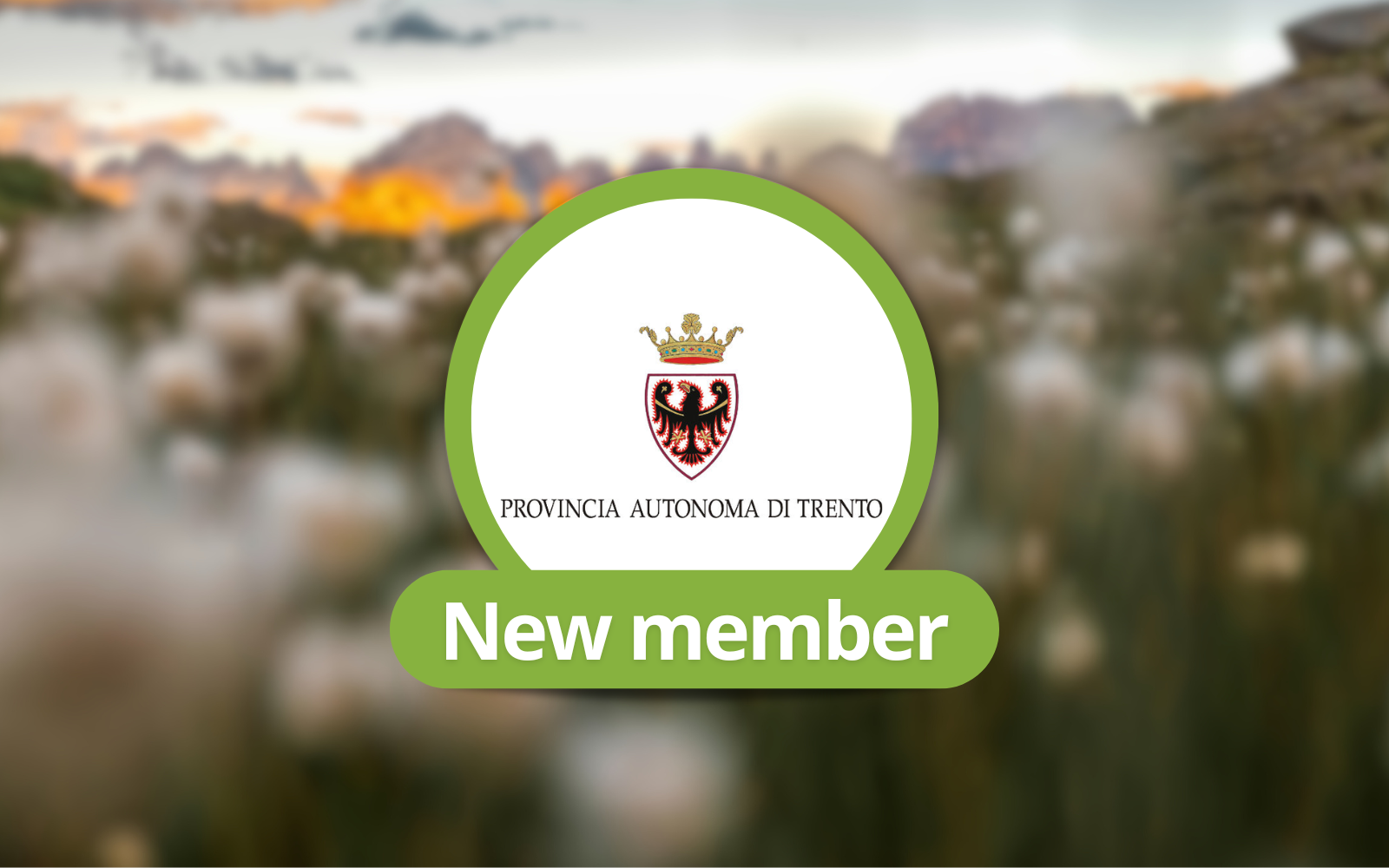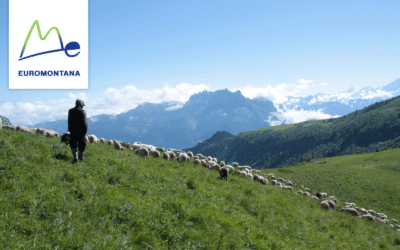EUROPEAN ASSOCIATION OF MOUNTAIN AREAS
The voice of
European mountains
Euromontana is the European multi-stakeholder network for sustainable development and quality of life in the mountains.
0%
0%
0%
0%
News
ESPON has just released a new article, “Thriving beyond numbers : rethinking rural prosperity”, exploring how European rural and mountain areas can move beyond traditional growth metrics to better reflect well-being, resilience and the “right to stay”.
Together with more than 80 other organisations around the world, Euromontana supports a European manifesto for the governance of glaciers and connected resources.
November 13, 2025
We are delighted to announce that the Autonomous Province of Trento (Italy) has recently become a member of Euromontana!
Working themes
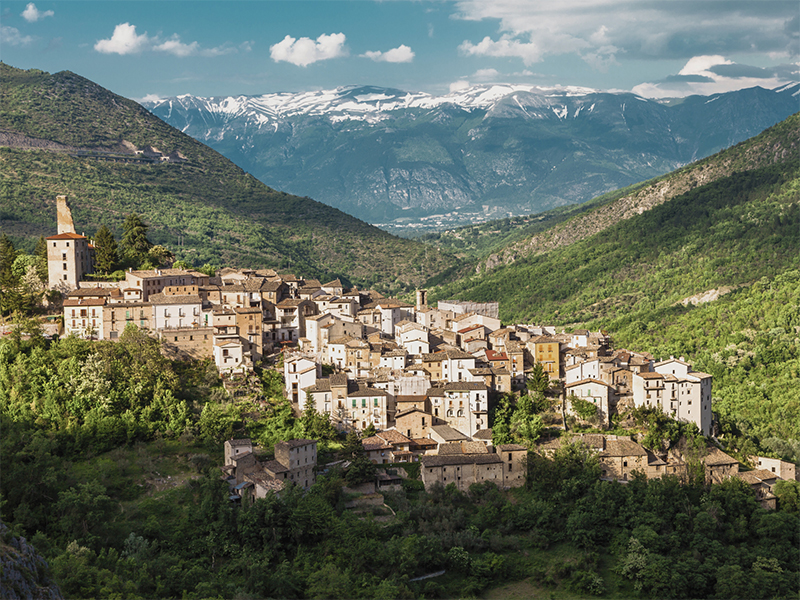
Territorial development
We work on different key policies that contribute to the quality of life of local communities and the attractiveness of mountain areas.
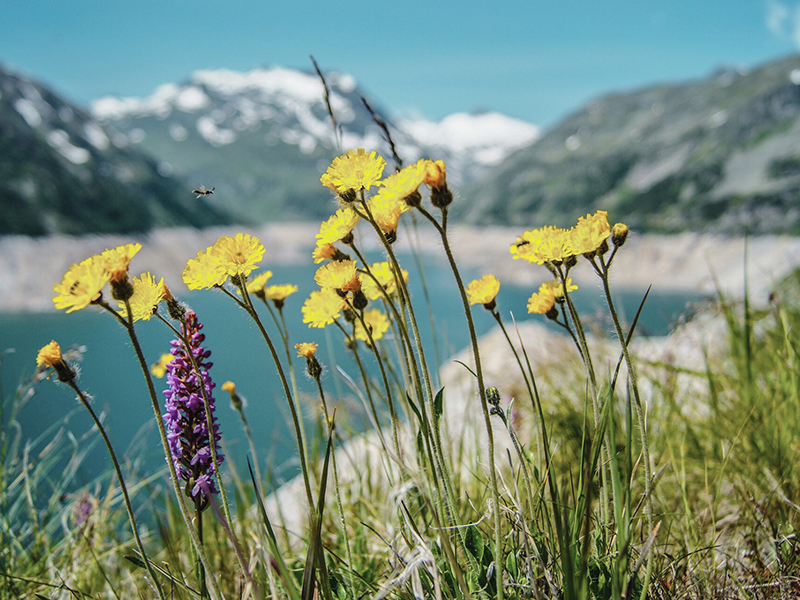
Environment
The mountain environment is rich and unique. We work to preserve and restore it, increase the environmental resilience of mountain areas and help territories drive transitions.
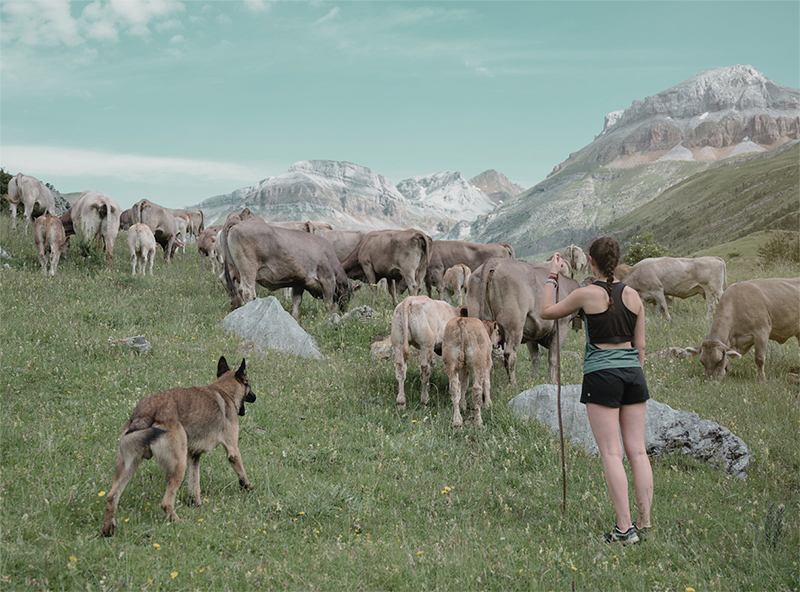
Agriculture
Mountain landscapes are shaped by traditional, extensive and sustainable agriculture. We aim to promote mountain farming and improve the conditions of mountain farmers.
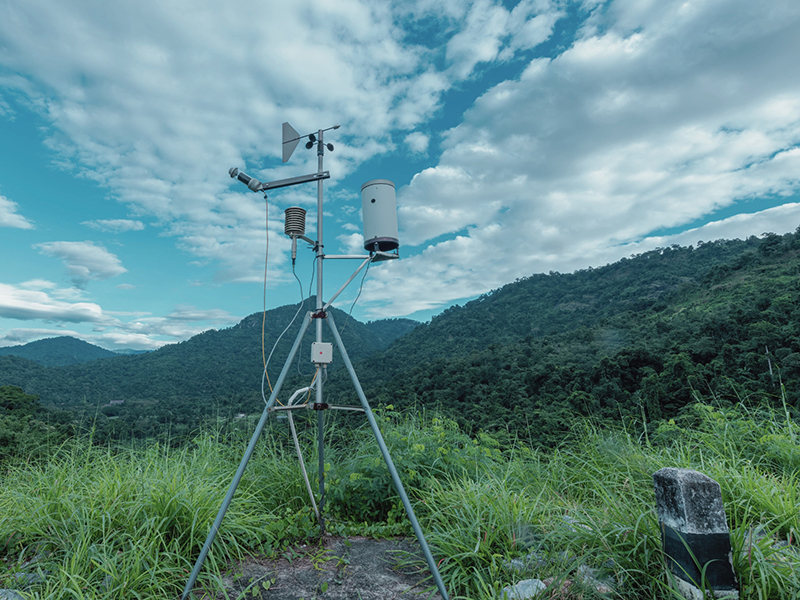
Cross-cutting
Mountain areas are veritable laboratories for finding new solutions to overarching challenges. We promote research and innovation in, with and for mountain communities.
Upcoming events
The XIV European Mountain Convention brought mountain stakeholders from all over Europe to shape the future of extensive livestock farming in mountain territories.
